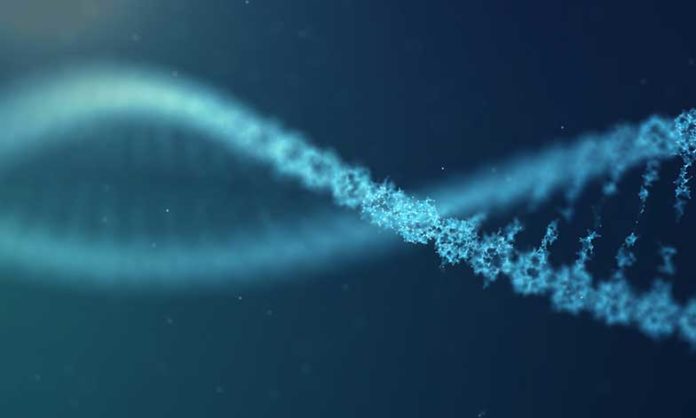DNA is the information molecule. It stores instructions for making other large molecules, called proteins. These instructions are stored inside each of your cells, distributed among 46 long structures called chromosomes.
Primarily, these instructions have to be transported from the cell nucleus, which holds the DNA, to the cytoplasm where proteins are made.
In a study by the University of Sheffield, scientists uncovered how our cells know when these instructions, known as mRNA, are ready to be transported. They found that molecules are known as ‘export factors’ – which help transport the mRNA. These molecules also signal to the cell when the processing is complete by moving their position on the mRNA.
Scientists have long argued over the position of export factors – regardless of whether they sit at the beginning of the mRNA or centrally, where the protein-making instructions have been spliced together.
Scientists discovered that both views are correct. The export factors initially sit at the beginning of the mRNA while the processing takes place, then once it is complete, they move further in, sitting at points where splicing has taken place, to signal that transport can begin.
Professor Stuart Wilson, a lead author of the study from the University of Sheffield, explained, “This research helps us understand a basic process that is fundamental to life, but which will enable us to develop treatments for diseases in the future. We can’t easily fix a problem until we know what’s wrong and we can’t know what’s wrong until we’re clear as to how it’s supposed to work.”
“Export factors have changed very little throughout evolution, so those found in humans are very similar to those in simpler organisms such as yeast and insects. Our research was in human cells, but we believe that the process we’ve uncovered will be pretty much the same in any animal on the planet.”
The research is published today in Molecular Cell and was funded through the Biotechnology and Biological Sciences Research Council with additional support from the Medical Research Council.
